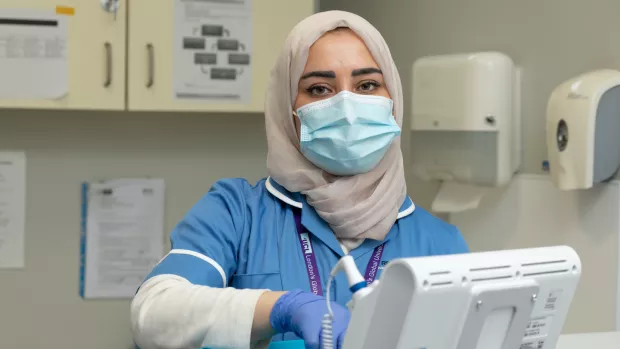
Rituximab shown to slow disability progression in secondary progressive MS
A study published this week suggests that some disease modifying therapies (DMTs) have the potential to benefit people with progressive forms of MS.
Rituximab is not licensed for MS but is prescribed ‘off-license’ in some countries. This study involved people in Switzerland and the Netherlands.
What the Rituximab study showed
Researchers followed up 44 people with secondary progressive MS who were taking rituximab for an average of 3-4 years. They also followed up a similar group, matched by factors including age and the length of time they had MS, who were not receiving treatment.
On average people taking the drug had less disability progression at the end of their follow-up period, or experienced it later.
This was not a clinical trial, comparing the drug with a placebo, but a cohort study that followed up people after their experiences.
Who could benefit?
The age of participants ranged from 23 to 71 years, and their time since diagnosis was between 3 and 40 years. So it’s not clear if the treatment benefited everyone equally, or mainly helped younger people or those with early progressive MS.
Previous clinical trials of rituximab in primary progressive MS have suggested it's effective in younger people and those with active inflammation (seen on an MRI scan). And a previous trial of rituximab for secondary progressive MS was stopped early because of disappointing results.
What does it mean for people with MS?
Current DMTs are only available to people with relapsing MS. Studies like this suggest that drugs working in a similar way to rituximab, by reducing the number of harmful B cells in the immune system, might also be effective for some people with progressive MS. These drugs include alemtuzumab (Lemtrada), ocrelizumab (Ocrevus) and cladribine (Mavenclad).
This is because they reduce inflammation, which can occur in early progressive MS even if people are not experiencing relapses. So some clinicians are calling for more trials to find out which sub-groups could benefit from existing treatments.
Currently only ocrelizumab is licensed for early primary progressive MS, if there is evidence of inflammation. But unfortunately it is only available on the NHS to people with relapsing MS – something we’re campaigning to change.



